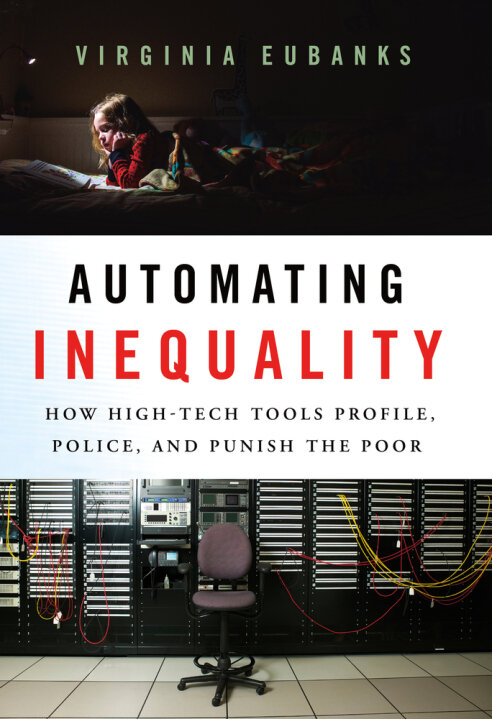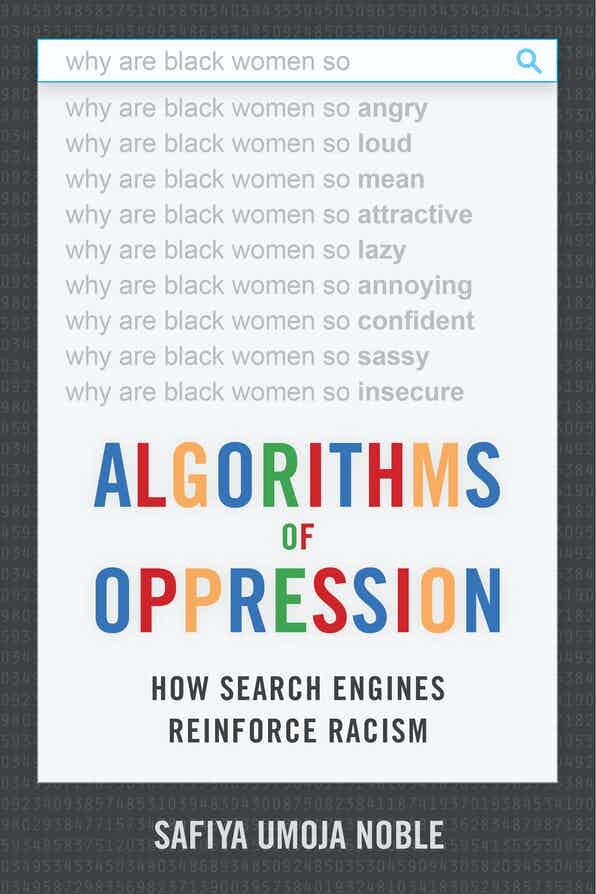Book Club
“If you work in tech and you’re not thinking about ethics, you’re bad at your job.” Casey Fiesler
Ruha Benjamin, Race After Technology
From everyday apps to complex algorithms, Ruha Benjamin cuts through tech-industry hype to understand how emerging technologies can reinforce White supremacy and deepen social inequity. This illuminating guide provides conceptual tools for decoding tech promises with sociologically informed skepticism. In doing so, it challenges us to question not only the technologies we are sold but also the ones we ourselves manufacture.
Cathy O’Neil, Weapons of Math Destruction
We live in the age of the algorithm. Increasingly, the decisions that affect our lives — where we go to school, whether we can get a job or a loan, how much we pay for health insurance — are being made not by humans, but by machines. In theory, this should lead to greater fairness: Everyone is judged according to the same rules. But the mathematical models being used today are unregulated and uncontestable, even when they’re wrong. Most troubling, they reinforce discrimination—propping up the lucky, punishing the downtrodden, and undermining our democracy in the process.
Virginia Eubanks, Automating Inequality
In Los Angeles, an algorithm calculates the comparative vulnerability of tens of thousands of homeless people in order to prioritize them for an inadequate pool of housing resources. In Pittsburgh, a child welfare agency uses a statistical model to try to predict which children might be future victims of abuse or neglect. While we all live under this new regime of data, the most invasive and punitive systems are aimed at the poor. Virginia Eubanks systematically investigates the impacts of data mining, policy algorithms, and predictive risk models on poor and working-class people in America.
Safiya Noble, Algorithms of Oppression
Safiya Umoja Noble challenges the idea that search engines like Google offer an equal playing field for all forms of ideas, identities, and activities. Data discrimination is a real social problem; Noble argues that the combination of private interests in promoting certain sites, along with the monopoly status of a relatively small number of Internet search engines, leads to a biased set of search algorithms that privilege whiteness and discriminate against people of color, specifically women of color. As search engines and their related companies grow in importance understanding and reversing these disquieting trends and discriminatory practices is of utmost importance.
Caroline Criado Perez, Invisible Women
From government policy and medical research, to technology, workplaces, and media. Invisible Women reveals how in a world built for and by men we are systematically ignoring half of the population, often with disastrous consequences. Caroline Criado Perez brings together for the first time an impressive range of case studies, stories, and new research from across the world that illustrate the hidden ways in which women are forgotten, and the profound impact this has on us all.




